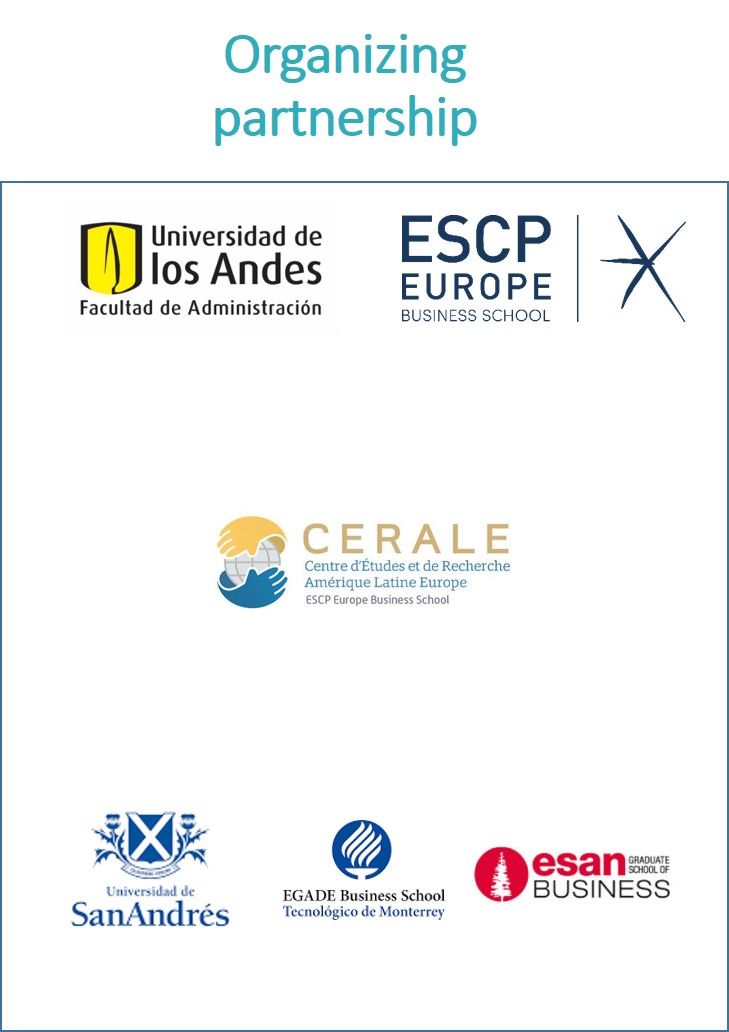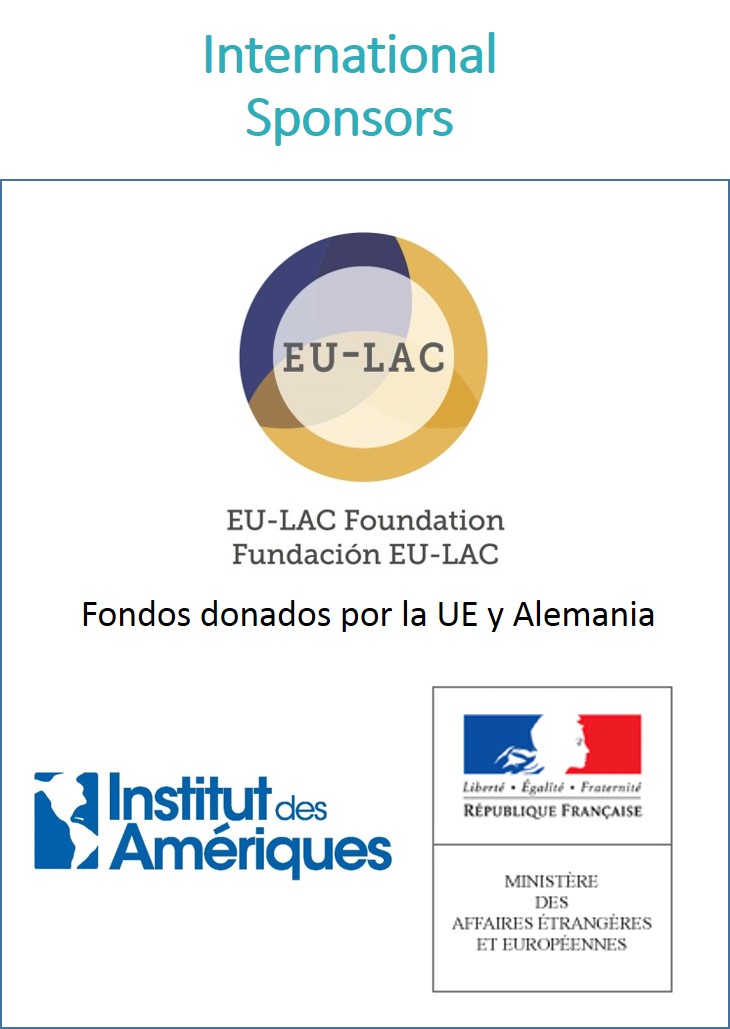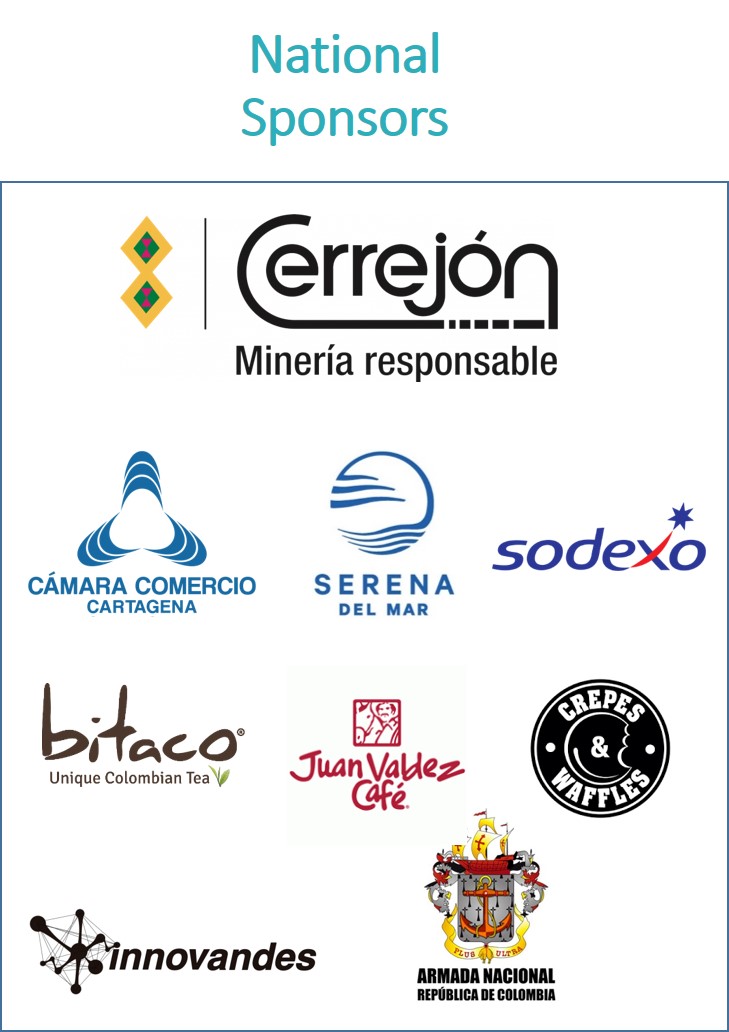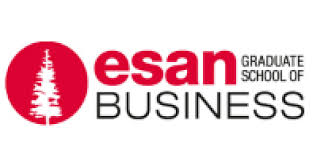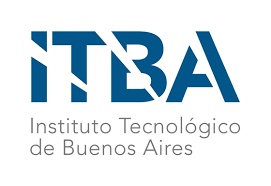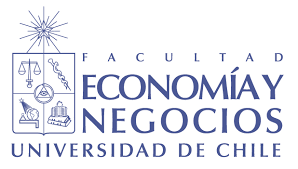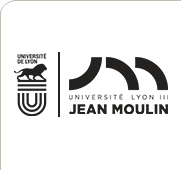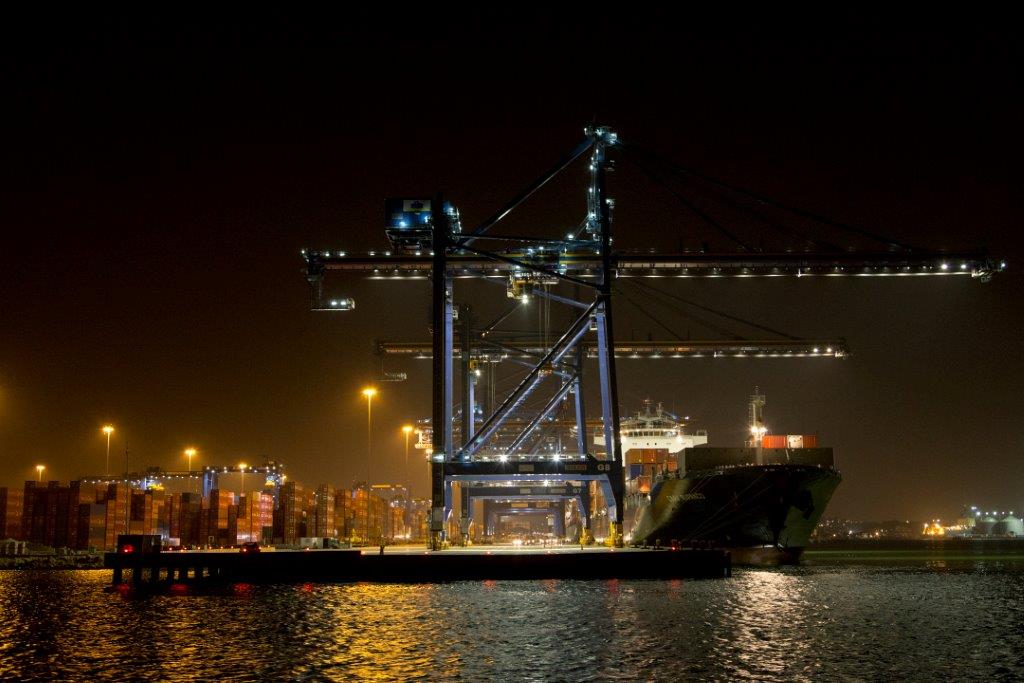
Innovation, entrepreneurship and sustainable development
Rethinking the European - American relationship in a disruptive world
Cartagena de Indias, May 30 to June 1, 2018
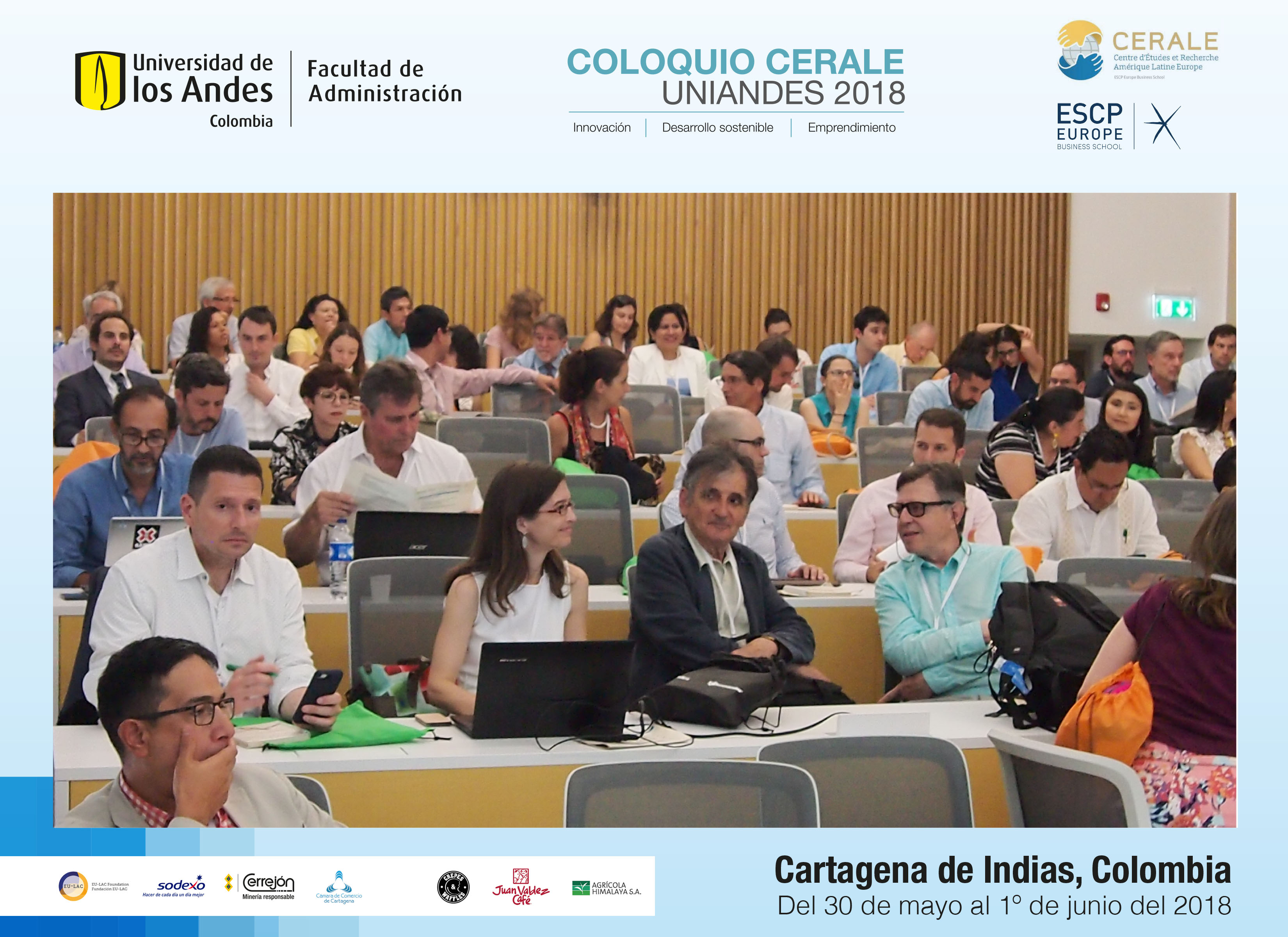
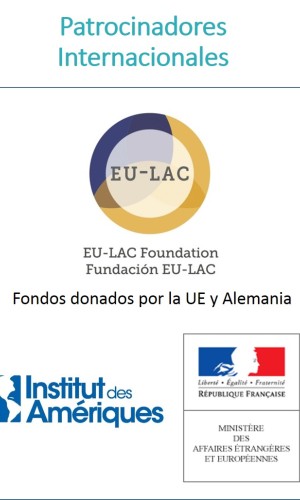
Call for proposals
Abstracts for the CERALE – UNIANDES 2018 Conference should follow the guidelines and the final paper must be uploaded through the Easy Chair platform, until April 30, 2018 (including this day). The format is adapted to the target publication Journal (JBR or Academia) you are expecting to submit.
Submit you final manuscripts (until April 30)
link to easychair
Study cases track (extended)
The deadline for submitting cases has been extended until March 30, 2018. The best selected cases will be invited to participate in the CBCC evaluation process, for possible publication on the Harvard Business Publishing page.
Kindly notice that, unlike the rest of the tracks, the expectation in this track is not to receive only an extended abstract, but complete cases (as per the definitions below). This is the reason why this track offers a longer period than those established for the submission of academic papers.
Teaching cases may focus on any discipline of management (strategy, marketing, finance, operations, entrepreneurship, etc.), as long as they fall within the following parameters:
- They should deal with a real-world situation that involves a problem, a challenge, an opportunity or a decision to be made by one or more people in any area of an
organization’s managerial structure. - They may be based on either field work, or secondary research.
- Only unpublished original manuscripts (that have not been previously published in books, journals, journals or case collections) can be submitted, although cases that have been used in class are acceptable.
- The body of the case should not be longer than 15 pages, with no more than 25 pages in total, including annexes or exhibits.
- Cases must be accompanied by an instructor manual or teaching note, which should at least include a summary of the case, the definition of the subject matter and targeted audiences, learning objectives, recommendations on how to use the case in class and a detailed discussion plan, possible questions and answers that are expected, a blackboard plan and a case epilogue.
As a general reference text on how to write a case and a note, you can consult: "Key Elements for Excellence in Classroom Cases and Teaching Notes", James E. Austin; James L. Heskett; Christopher A. Bartlett, HBSP # N9-915-417, April 16, 2015. Available at https://cb.hbsp.harvard.edu/cbmp/product/915417-PDF-ENG
To delve into the structure of a good pedagogical note, you can consult: Austin, J. E. (1993). "Teaching Notes: Communicating the Teacher's Wisdom." Boston, MA. HBSP # 5-793-105.
Send an e-mail
1. Challenges of social and economic inclusion during peace periods
Desarrollo y sostenibilidad son dos de los grandes retos del proceso de implementación de los acuerdos firmados en La Habana, entre el gobierno colombiano y las FARC. La incorporación de estos dos conceptos en la agenda de paz para la reconstrucción del tejido social y el refuerzo de las instituciones, permite integrar a la academia, la sociedad civil, el gobierno, la empresa privada y todo tipo de organizaciones, en el propósito nacional de construcción de un nuevo país.
Así como las organizaciones públicas serán las encargadas de gran parte de la implementación y juegan un rol fundamental en la construcción de paz, tanto el sector privado, como las organizaciones sociales serán clave en esta nueva etapa.
El sector privado, en particular juega un papel importante en la construcción de paz en Colombia. Por la inversión, pero también porque dispone de recursos materiales y humanos para apoyar los complejos procesos de transformación económica y social -locales y regionales- que enmarcan esta nueva etapa del posconflicto y la construcción de una paz durable en Colombia.
Estudios han demostrado que la participación del sector privado en épocas de post-conflicto más allá de los créditos económicos, produce beneficios en la sociedad. Y la posibilidad de articular estos esfuerzos con organizaciones sociales es también clave.
Esta mesa espera convocar trabajos de docentes y profesionales que aborden el estudio de tales que las iniciativas de la empresa privada, organizaciones públicas o privadas en el acompañamiento de iniciativas productivas locales en regiones fuertemente impactadas por la guerra; los acuerdos y trabajos de cooperación empresa privada-universidad y o sector público y organizaciones sociales en procesos de capacitación y empoderamiento por el desarrollo económico; así como distintas perspectivas del management en la construcción de paz.
2. Public policies, innovation and sustainable development
La calidad del diseño, implementación y evaluación de las políticas públicas hace una gran diferencia en la capacidad de los Estados de producir valor público para los ciudadanos. Si bien cada país tiene distintas configuraciones institucionales, cultura y recursos para definir sus prioridades de política y desarrollar los procesos necesarios para llevarlas a cabo, resulta de interés para todos conocer las experiencias exitosas y los fracasos en la creación de valor público por las distintas agencias y programas, así como los factores que explican uno y otro resultado.
Particularmente interesantes para esta convocatoria son los esfuerzos por gestionar procesos de innovación pública y los resultados concretos que éstos han producido en el desarrollo humano o la calidad de vida de los habitantes de un país, así como su seguimiento y perfeccionamiento en el tiempo. Interesa también conocer las iniciativas de políticas innovadoras que han tendido a mantenerse en el tiempo, así como los factores que obstaculizan o facilitan su desarrollo y mejoramiento continuo.
Del mismo modo, es relevante el tema de acortar los tiempos entre la intención de resolver un problema público y su materialización en la vida concreta de los ciudadanos, a través de plataformas u otros mecanismos innovadores y diversas alternativas de alianzas público-privada. La participación de los ciudadanos en la confección y ejecución de las políticas públicas, para asegurar su mayor pertinencia y su viabilidad, es también objeto de esta convocatoria, así como las diferencias que se observan en la aplicación de estas políticas entre países industrializados y países emergentes.
La metodología puede ser la evaluación de impacto de las innovaciones y políticas, el estudio de caso comparado o singular, u otros métodos cuantitativos o cualitativos, alentándose trabajos que combinen estas metodologías, o propongan metodologías innovadoras, especialmente para la evaluación y la integración de evidencia para el mejoramiento de las políticas.
3. Dynamics of internationalization in multicultural environments
This session will analyse the internationalisation processes of European and Latin American companies in the context of bi-regional and global relationships.
We will try to illustrate the idea of sustainable, inclusive internationalisation from a theoretical and/or empirical standpoint.
Contributors are encouraged to present work showing the relationship between internationalisation and development. The session will give rise to multidisciplinary approaches dealing with factors affecting the design and implementation of internationalisation strategies and analysing how they relate to the expectations of governments and civil society with regard to inclusion and equity.
Papers addressing the question of interculturality will also be welcome, on the principle that internationalisation, by involving more than one country, or even more than one continent, is bound to raise the question of managing the many facets of the cultural dimension.
4. Administration of cultural projects and organizations
Today, culture is considered to be an economic sector in its own right. Consequently, public and private-sector companies have undergone major transformations. The new form of promotion of cultural products, the diversification of sources of finance, the conquest of audiences and above all the importance of balancing budgets in a context of severe rationalisation, are leading the stakeholders in these sectors to call for a fair evaluation of culture. International groups whose activities cover books, the press, electronic publishing, live performance, television and cinema, are implementing these strategies. The aim of culture-based companies is to develop, launch and run their cultural projects.
However, although the cultural field is considered to be an economic sector subject to management processes, in Latin America, art and culture generate what could be termed “social value” – a value which is often more important in terms of its impact on society. Certain experiments show that before proposing the establishment of creative or cultural companies to generate a productive activity, cultural management processes need to be undertaken with these same communities to promote values such as identity, social cohesion and tolerance through the management of art and culture.
In conclusion, this session is expected to be a focus and a point of convergence for these two visions in which art and culture are a vehicle for generating economic value, as well as other types of social, cultural and identity-based values, etc. The aim in this session is to present thinking related to these new directions and resources that are being developed all over the world.
5. Sustainable strategies in a disruptive world
Entre las múltiples herramientas en estrategia se ha destacado por su popularidad desde los años 60s el análisis SWOT que en su esencia busca relacionar la organización con su entorno. La gestión de empresas por su parte ha mostrado formas muy innovadoras de concebir la estrategia, desde verla como un proceso hasta una práctica. Sin embargo, la relación compleja entre empresas de un continente con múltiples países emergentes con las de otro continente de países desarrollados y de larga trayectoria ha sido poco estudiada en el campo de la estrategia. El comercio y las relaciones internacionales, los procesos de internacionalización y las diversas formas de inversión extranjera intentan mostrar y comprender estas complejidades en la relación.
Hoy en día, los países emergentes han encontrado formas diversas y beneficios de esta integración a través de tratados y acuerdos comerciales, sin que por ello se profundice en las enormes oportunidades que la estrategia desarrolla en las nuevas versiones del comercio circular, los mercados justos, los negocios inclusivos, el capitalismo consciente o la exportación de productos orgánicos.
Se invita por lo tanto a los investigadores de este campo a analizar, estudiar y comprender las prácticas, procesos y relaciones de organizaciones que incursionan en la arena internacional y construyen puentes entre los dos continentes. Se busca explorar preguntas del tipo:
• ¿Cómo la integración económica y el desarrollo de negocios a través de las fronteras han contribuido a la creación de riqueza de las comunidades en América?
• How has economic integration and cross-border business development contributed to wealth creation in communities in the Americas?
• How have companies in America and Europe established new business models and inclusive partnerships?
• How do public-private partnerships contribute to inclusive economic growth?
• How international market influence local sustainable development?
• What role international businesses play in creating sustainable peace?
Every research in the field of strategy analyzing the relation between organizations linking América and Europe are welcome.
6. Innovation, entrepreneurship and SMEs
7. Corporate social responsibility, similarities and contrasts between Europe and America
8. Management of / in global value chains to make a circular economy
Significant transformations are taking place in global economy, from which managers and researchers struggle to draw conclusions and, in many cases, continue resorting to outdated categories of analysis. In the last quarter of the twentieth century, the concept of enterprise was gradually imposed to managers, then to sociologists and finally to economists.
There is no doubt that the enterprise will continue to play an important role as a legal unit and or institution that regulates social relations of production according to specific frameworks (public and private, whether or not for profit). The enterprise is also an economic unit that allows to generate, distribute and invest benefits. The enterprise and industrial relations are however less and less integrated in a hierarchical way.
The concept of value chain allows to reconnect all human beings who interact in the production, commercialization, consumption and recycling of a product. It is therefore at this level that we can comprehend the division of labor. For managers, this means that the true mobilization of producers takes place no longer in enterprises but in value chains – and most importantly in systems- since production, commercialization, consumption and sustainable competitiveness depend on them.
This group invites those who wish to participate to a task of re-wiring and rethinking of management methods and shift the unit of analysis and work. The axis of management, governance and of systems within the value chains (and clusters) can be a good driver for more sustainable, competitive and desirable participation in trade leading into better value and wealth creation.
We invite you to present papers on the nexus between management, systems and value chains, either on an exclusively theoretical basis or on a case-by-case basis. The group will be divided into sub-themes where appropriate. Possible sub-themes, among others, are: a) The role of value chains in sustainable development; B) The role of public policies in the development of local and global value chains; C) The role of support institutions (HR training, investment financing, R & D ...) in value chain systems development; D) Chain governance and risk management (labor, health, technological, environmental ...); E) Small producers and enterprise association strategies that can reduce power asymmetries between actors of the chain; and ; F) Forms of cooperation and innovation between stages in global value chains.
9. Agri-business
10. the female management and leadership
11. Marketing and sustainability: co-creation of value
Sustainability has become a prominent issue in current business and public policy agendas. Yet countries and companies have problems managing the environmental, social, and economic/financial aspects of sustainability (Epstein et al., 2015).This is particularly true in developing countries, whose high dependence on the utilization and the exploitation of natural resources places tension on inhabitants between the need to survive a the need to protect their socio-environmental surroundings (Viswanathan, et al., 2014).
Recent research suggests that bottom- up marketing strategies can be the solution to these tensions. Previous studies have analysed marketing approaches for resolving the intersecting social and environmental problems (e.g. Barrios et al 2016). Across these studies it is reflected the need for marketing strategies to develop a bottom up approach understanding communities current practices in order to provide people with the value they expect.
This track aims to develop a discussion about the successful implementation of bottom up sustainable marketing strategies. We are seeking for articles that advance our understanding about the way in which marketing strategies can promote responsible production / consumption in developing countries. The following is an illustrative list of themes and questions that contributors may consider:
- The challenges of implementing bottom up initiatives in developing countries
- Issues influencing the interaction between businesses and consumers to become co-creators of sustainable consumption.
- The consumption values and goals that create gaps between intentions and sustainable behavior
- Effective ways and means of communicating sustainability
- Discussing alternatives to promote sustainable and responsible production within Business-to-Business context.
12. Case study workshop
The deadline for submitting cases has been extended until March 30, 2018. The best selected cases will be invited to participate in the CBCC evaluation process, for possible publication on the Harvard Business Publishing page.
Kindly notice that, unlike the rest of the tracks, the expectation in this track is not to receive only an extended abstract, but complete cases (as per the definitions below). This is the reason why this track offers a longer period than those established for the submission of academic papers.
Teaching cases may focus on any discipline of management (strategy, marketing, finance, operations, entrepreneurship, etc.), as long as they fall within the following parameters:
- They should deal with a real-world situation that involves a problem, a challenge, an opportunity or a decision to be made by one or more people in any area of an organization’s managerial structure.
- They may be based on either field work, or secondary research.
- Only unpublished original manuscripts (that have not been previously published in books, journals, journals or case collections) can be submitted, although cases that have been used in class are acceptable.
- The body of the case should not be longer than 15 pages, with no more than 25 pages in total, including annexes or exhibits.
- Cases must be accompanied by an instructor manual or teaching note, which should at least include a summary of the case, the definition of the subject matter and targeted audiences, learning objectives, recommendations on how to use the case in class and a detailed discussion plan, possible questions and answers that are expected, a blackboard plan and a case epilogue.
As a general reference text on how to write a case and a note, you can consult: "Key Elements for Excellence in Classroom Cases and Teaching Notes", James E. Austin; James L. Heskett; Christopher A. Bartlett, HBSP # N9-915-417, April 16, 2015. Available at https://cb.hbsp.harvard.edu/cbmp/product/915417-PDF-ENG
To delve into the structure of a good pedagogical note, you can consult: Austin, J. E. (1993). "Teaching Notes: Communicating the Teacher's Wisdom." Boston, MA. HBSP # 5-793-105.
